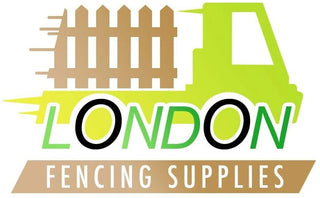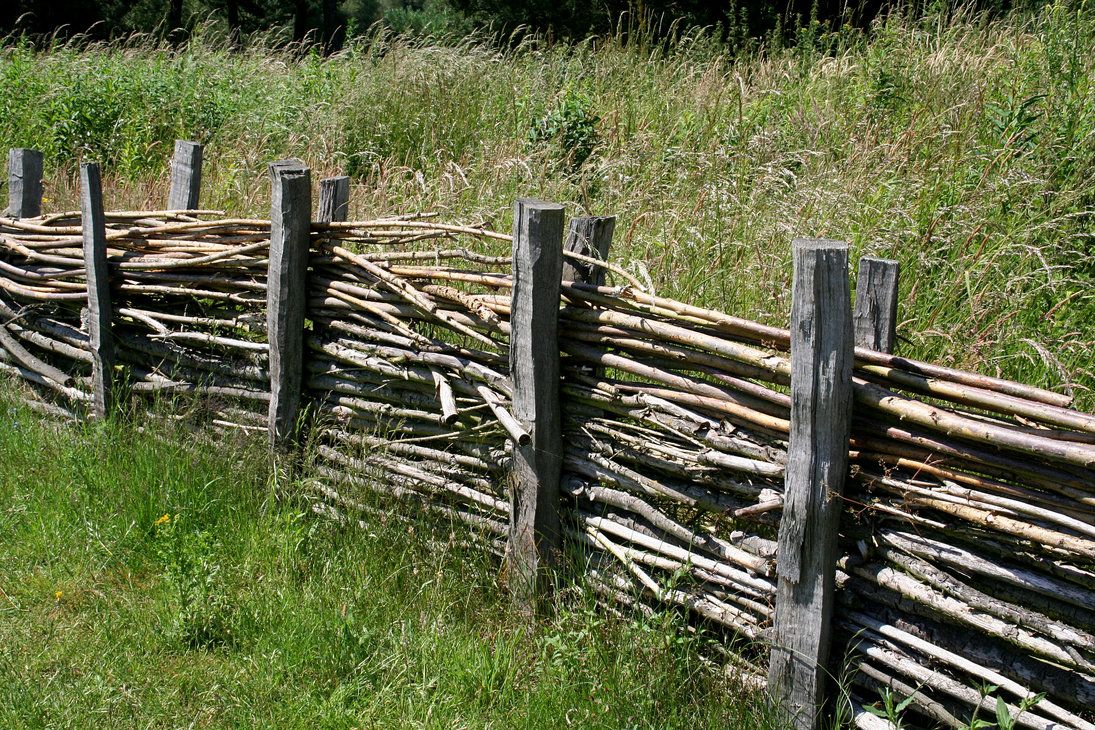Choosing the right height for your garden fence is a decision that carries multiple implications. From enhanced privacy and security to potential view obstruction and regulatory challenges, striking the right balance is key. Here, we delve into the pros and cons of different fence heights to help you make an informed choice.
Pros of Taller Garden Fences:
- Privacy: Taller fences create intimate spaces shielded from prying eyes, offering a serene environment for relaxation.
- Security: Height serves as a deterrent to intruders and unwanted animals, bolstering property security.
- Noise Reduction: Elevated barriers diminish external noise, fostering a tranquil atmosphere in your garden.
- Wind and Dust Protection: Taller fences act as buffers against strong winds and airborne debris, maintaining a clean and calm outdoor haven.
- Aesthetic Appeal: With the right design, taller fences can exude elegance, elevating your garden's visual allure.
Cons of Taller Garden Fences:
- Reduced View: Elevated barriers can obscure surrounding views, potentially disconnecting you from the outdoor landscape.
- Restrictive Feel: A higher fence might make your garden seem confined, contrary to an open and expansive ambiance.
- Cost: Increased material requirements for taller fences can translate to higher installation and upkeep expenses.
- Regulations and Permits: Local regulations and permits could affect fence height, leading to additional approval processes.
- Wind Resistance: While taller fences offer wind protection, they can also generate turbulence, causing specific wind-related challenges.
Conclusion: The optimal height for your garden fence hinges on your specific needs, aesthetic aspirations, and compliance with regulations. Balancing factors such as privacy, views, and costs is crucial. By assessing the pros and cons of different fence heights, you can make a well-informed decision that harmonizes functionality and aesthetics, ensuring your garden fence becomes a seamless addition to your outdoor space.


